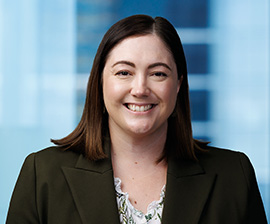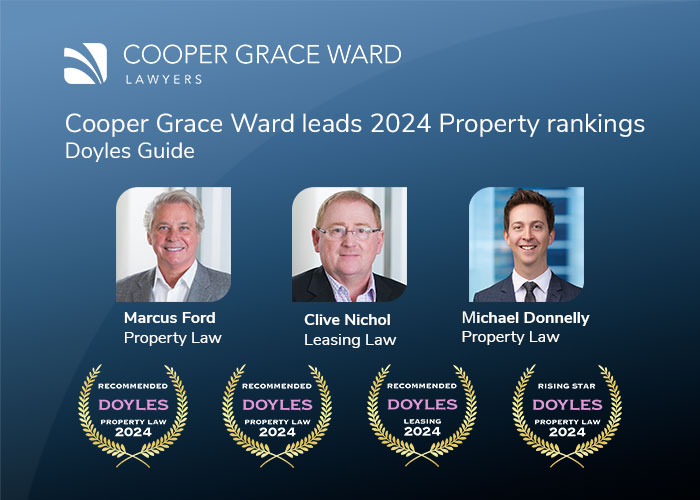Context: the commercial debt forgiveness rules
The commercial debt forgiveness rules are designed to cancel out any ‘gain’ that a person makes when a commercial debt that they owe is forgiven.
The rules cancel out this gain by reducing tax losses, net capital losses, certain other deductions and the cost bases of CGT assets up to the ‘net forgiven amount’.
There are exceptions to the commercial debt forgiveness rules, including where the forgiveness of the debt is ‘for reasons of natural love and affection’.
The new ATO view on the natural love and affection exception
The new ATO view is set out in TD 2019/D9, which was released on 2 October 2019.
TD 2019/D9 asks the question:
Does the exclusion for debts forgiven for reasons of natural love and affection require that the creditor be a natural person?
It then answers ‘yes’ – the forgiving creditor must be a natural person.
The effect of the new ATO view is that, to fall with the scope of the exception:
- the forgiving creditor cannot be a company
- the forgiving creditor cannot be an individual acting in their capacity as trustee of a trust
- the reasons of natural love and affection must be those of the creditor.
A simple example that will no longer fall within the scope of the exception:
A daughter owes a debt to her mother’s company. Her mother is the sole director and shareholder of the company.
The mother’s company forgives the debt for reasons of natural love or affection that the mother feels for her daughter.
The effect of the ATO view is that the mother’s company cannot forgive the debt to the daughter ‘for reasons of natural love and affection’ for the purpose of the exception.
The old ATO view
ATO ID 2003/589 previously set out the ATO’s view that the forgiving creditor did not have to be an individual. ATO ID 2003/589 relevantly stated:
Paragraph 245-40(c) of Schedule 2C to the ITAA 1936 provides that Schedule 2C does not apply where the debt is forgiven for reasons of natural love and affection.
The paragraph does not specify that Creditor must be a natural person. It only requires that the debt was ‘forgiven for reasons of natural love and affection’.
ATO ID 2003/589 was withdrawn on 6 February 2019.
Which ATO view is correct?
It depends.
At a high level, interpreting legislation requires an analysis of the ‘text’ of the legislation having regard to ‘context’ and ‘purpose’.
The text of the legislation relevantly states that the commercial debt forgiveness rules do not apply to:
a forgiveness of a debt if… the forgiveness is for reasons of natural love and affection…
There is nothing in the text of the legislation that identifies that the forgiving creditor has to either:
- be an individual; or
- feel the natural love and affection.
For example, the section does not say that there is an exception where the debt is forgiven ‘for reasons of natural love and affection that the creditor has for the debtor …’.
The new ATO view places greater emphasis on the ‘context’ of the section.
The tension between the two ATO views may need to be resolved by the courts so that taxpayers and their advisers have certainty on the correct application of the law.
In the meantime, advisers will need to be careful because the ATO is now administering the law differently. The ATO says it will ‘not devote compliance resources’ for periods before ATO ID 2003/589 was withdrawn, unless asked to express its view, such as in a private ruling or submissions in a litigation matter.
Please contact a member of our team if you have any questions or would like to discuss.







